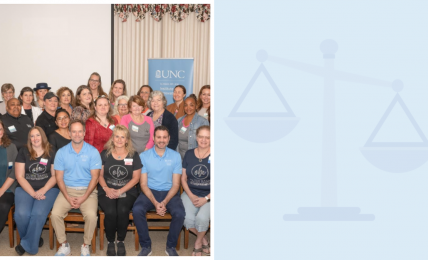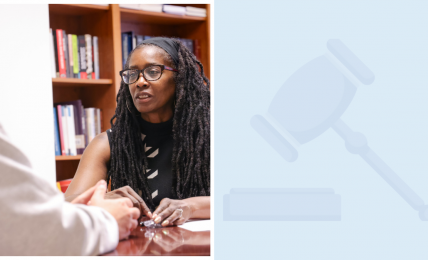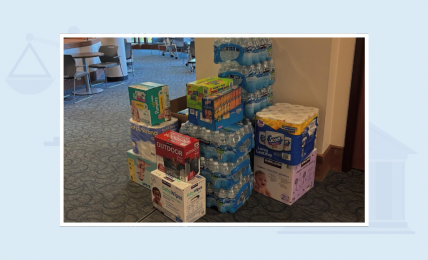Donna Forga ’00 brought a unique perspective to her externship with Judge Pat DeVine ’83. Her own experience standing in court, representing herself pro se in a divorce case, had shown her firsthand how intimidating the justice system could be. Then, as an extern, she gained a new vantage point that would shape her understanding of what a day in court means to people standing before the bench.
“There’s nothing like a good divorce to make you want to be an attorney,” said Forga, with characteristic warmth. Now, as Chief District Court Judge serving seven rural counties in Western North Carolina, Forga makes sure every person who enters her courtroom feels heard — a philosophy born from her own experience and strengthened during her externship conversations with Judge DeVine.
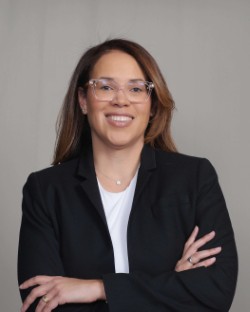
As part of that first externship class, Sheelagh Allston ’00 seized a rare opportunity to work with in-house counsel at Blue Cross and Blue Shield. “The appeal was understanding what it’s like to be an in-house attorney,” said Allston. “That’s an experience that’s harder to get as a law student.”
Though her career would eventually lead her to real estate law, that early glimpse into corporate legal work proved invaluable. After law school, Allston joined a large firm, then moved to a mid-sized practice where she made partner. When a headhunter called about an opportunity at Wexford Science & Technology, a real estate development company that partners with universities and research institutions to create vibrant mixed-use Knowledge Communities, she found her next challenge. Today, as vice president and senior real estate counsel, she is responsible for legal matters regarding leasing and development.
What began as an experiment in hands-on legal education has transformed into one of UNC School of Law’s most vital programs. Today’s externs dive into real cases alongside judges and practicing attorneys at 130 sites nationwide, developing crucial skills in legal analysis, research, writing, and advocacy. The program has evolved to meet changing legal career needs, offering options from three-credit local placements to full-semester immersions in major cities.
Building professional relationships proves just as valuable as the legal experience itself. “The job is probably 50% about the work and 50% about relationships,” Forga notes. She sees this especially in her rural district, where new attorneys need strong networks to build their practices. These connections, formed during externships, often become career-long partnerships. Allston leveraged her own externship relationships as she built her corporate career and now tells current students to “use that opportunity to develop that professional network and find those mentors. Then you can hit the ground running when you graduate.”
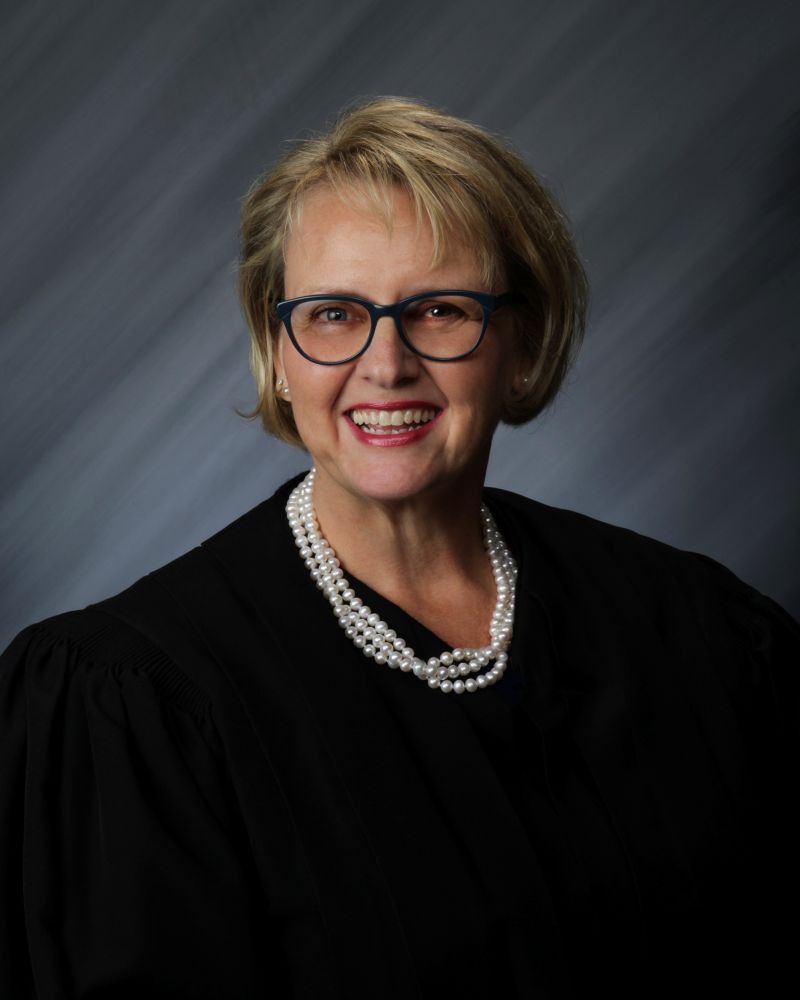
The Carolina Law community provides more than just professional guidance, it builds confidence. “I would never have had the guts and determination to pursue being a judge, much less the chief, if it were not for the people at Carolina who saw me for who I was,” Forga shares. “I had my own little cheerleading team.”
Students today work alongside experienced mentors in federal courthouses, government agencies, corporations and public interest organizations. Each placement pairs hands-on legal work with faculty-guided reflection, helping students develop professional judgment while exploring different practice areas and lawyering styles. With up to 18 externship credits available during their Carolina Law career, students can test different paths before choosing their direction.
“I credit my time at Carolina Law for my legal path,” Allston reflects. “It’s a big part of why I’m the lawyer I am today.” Twenty-five years after those first externs pioneered these professional pathways, each new placement continues to launch Carolina Law graduates into the ever-evolving legal profession.

